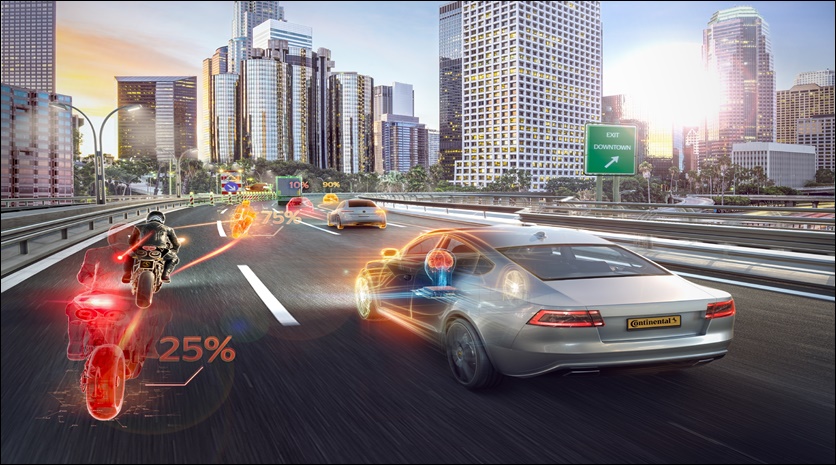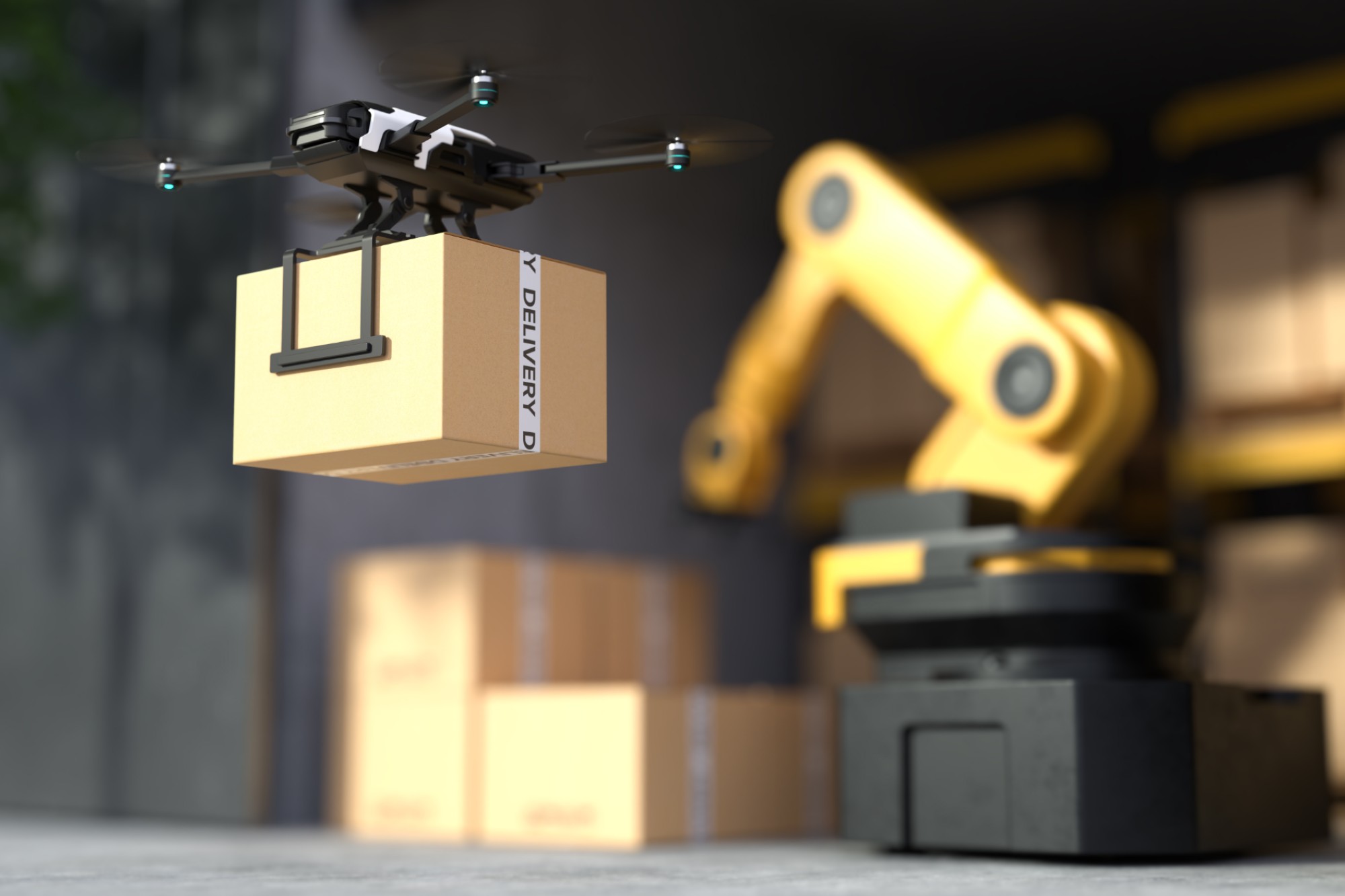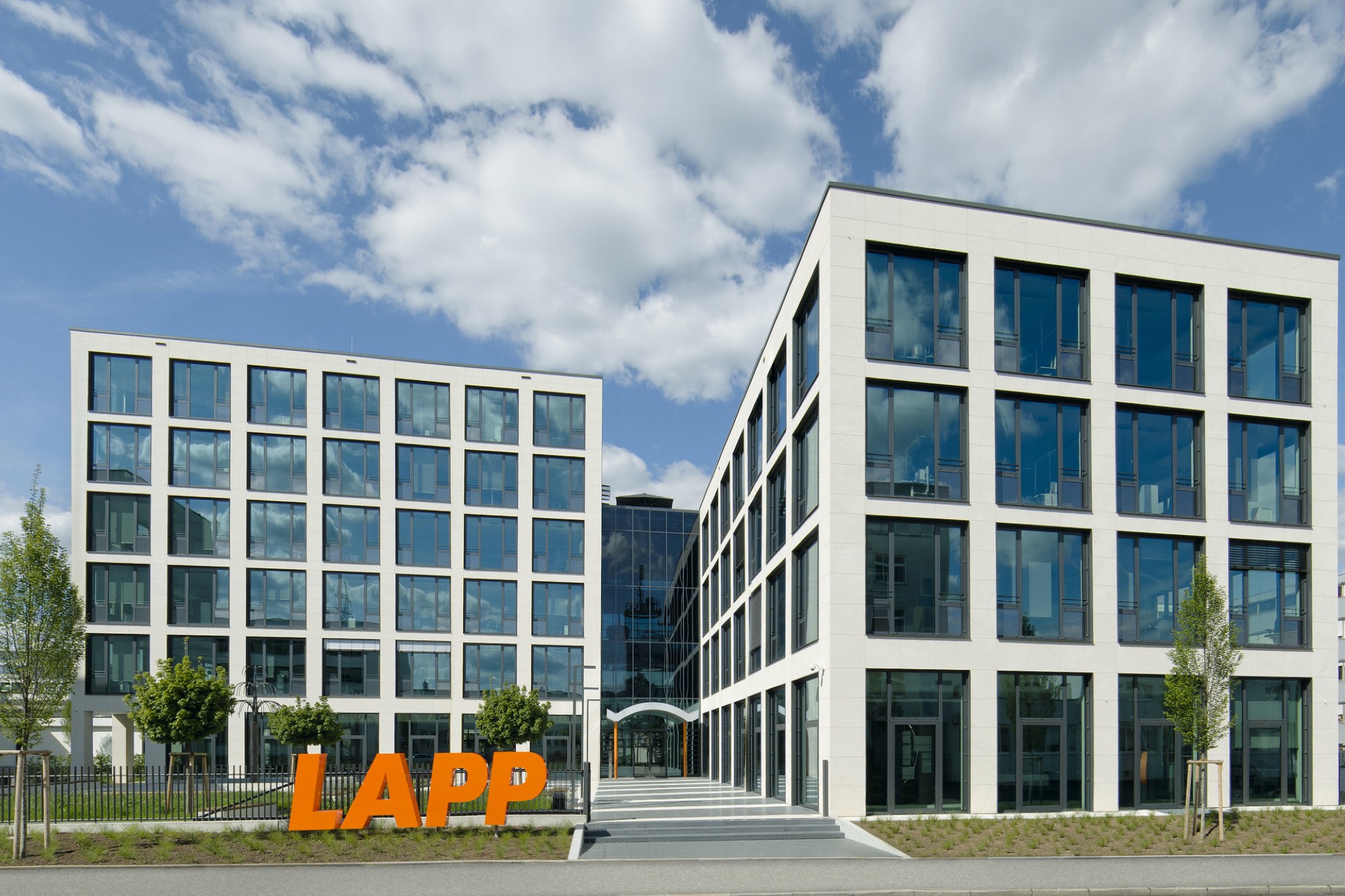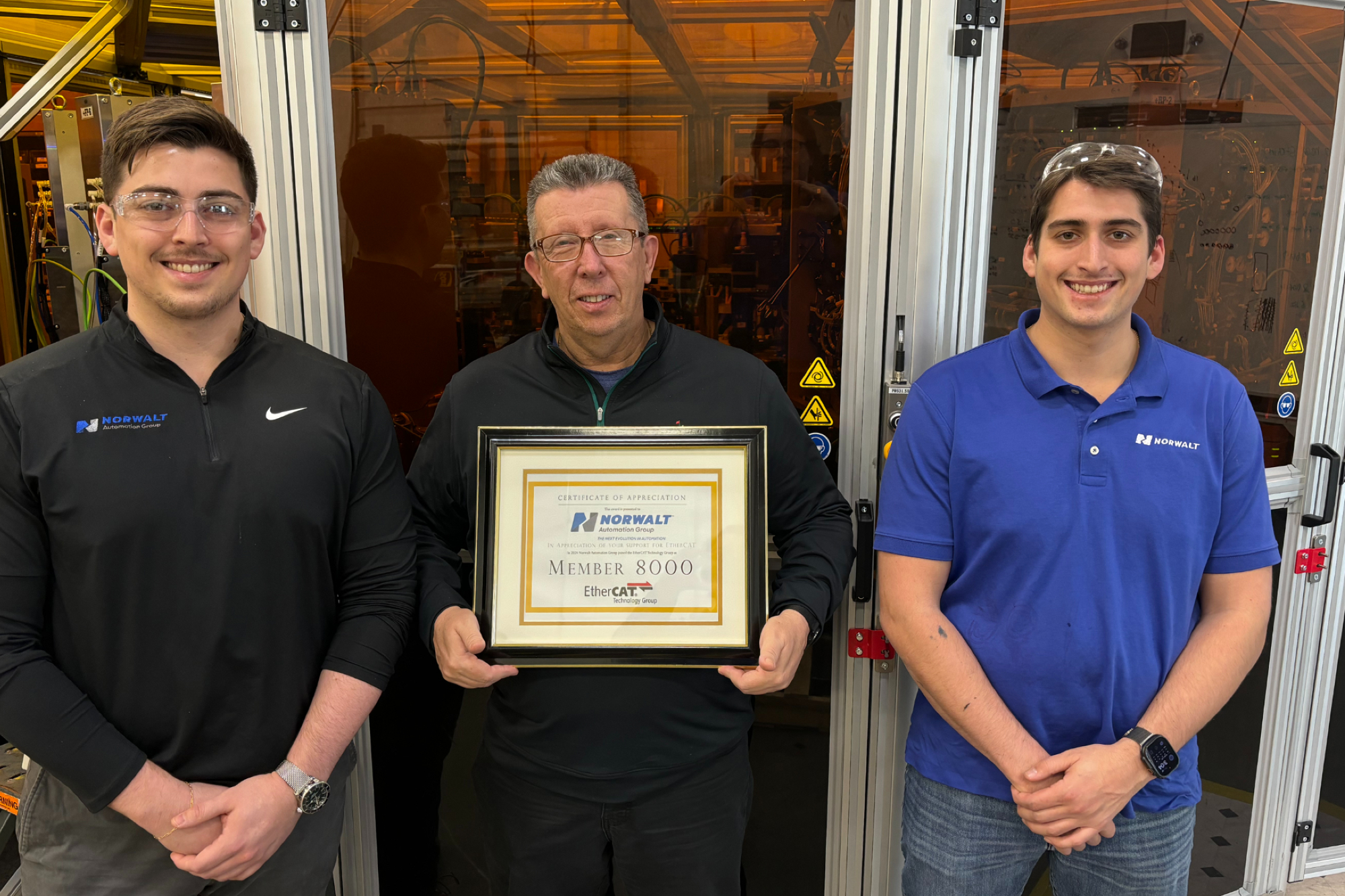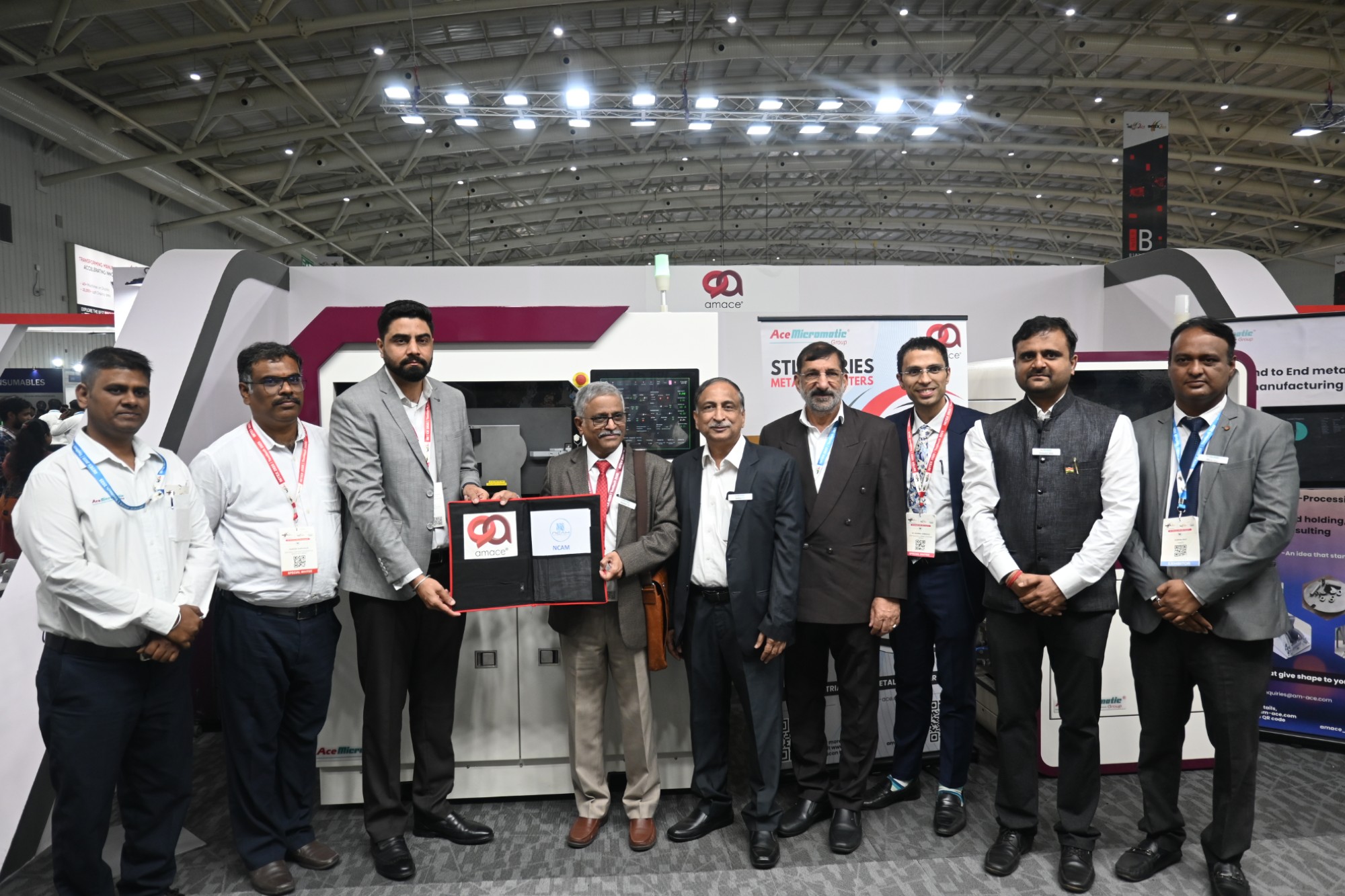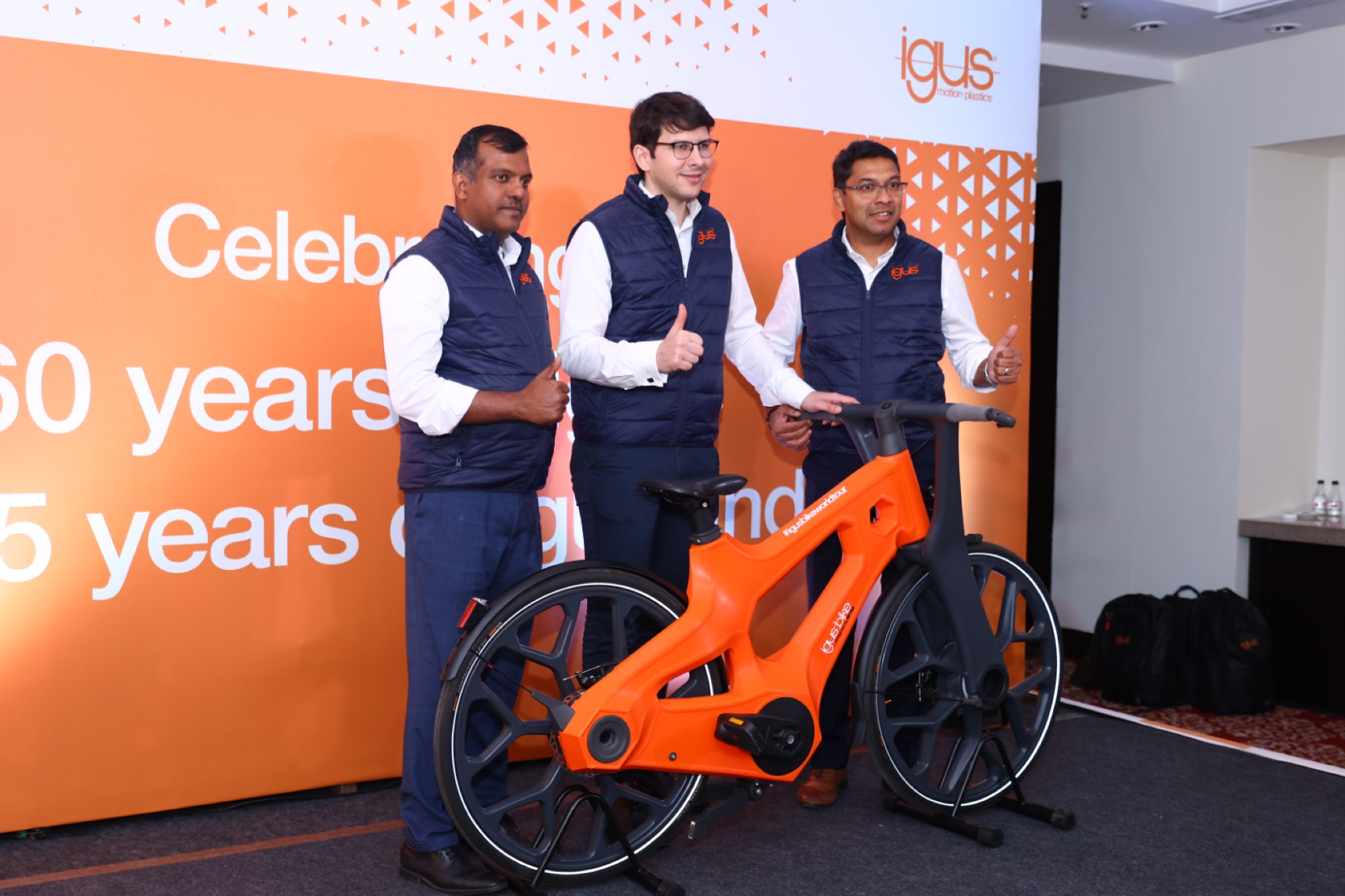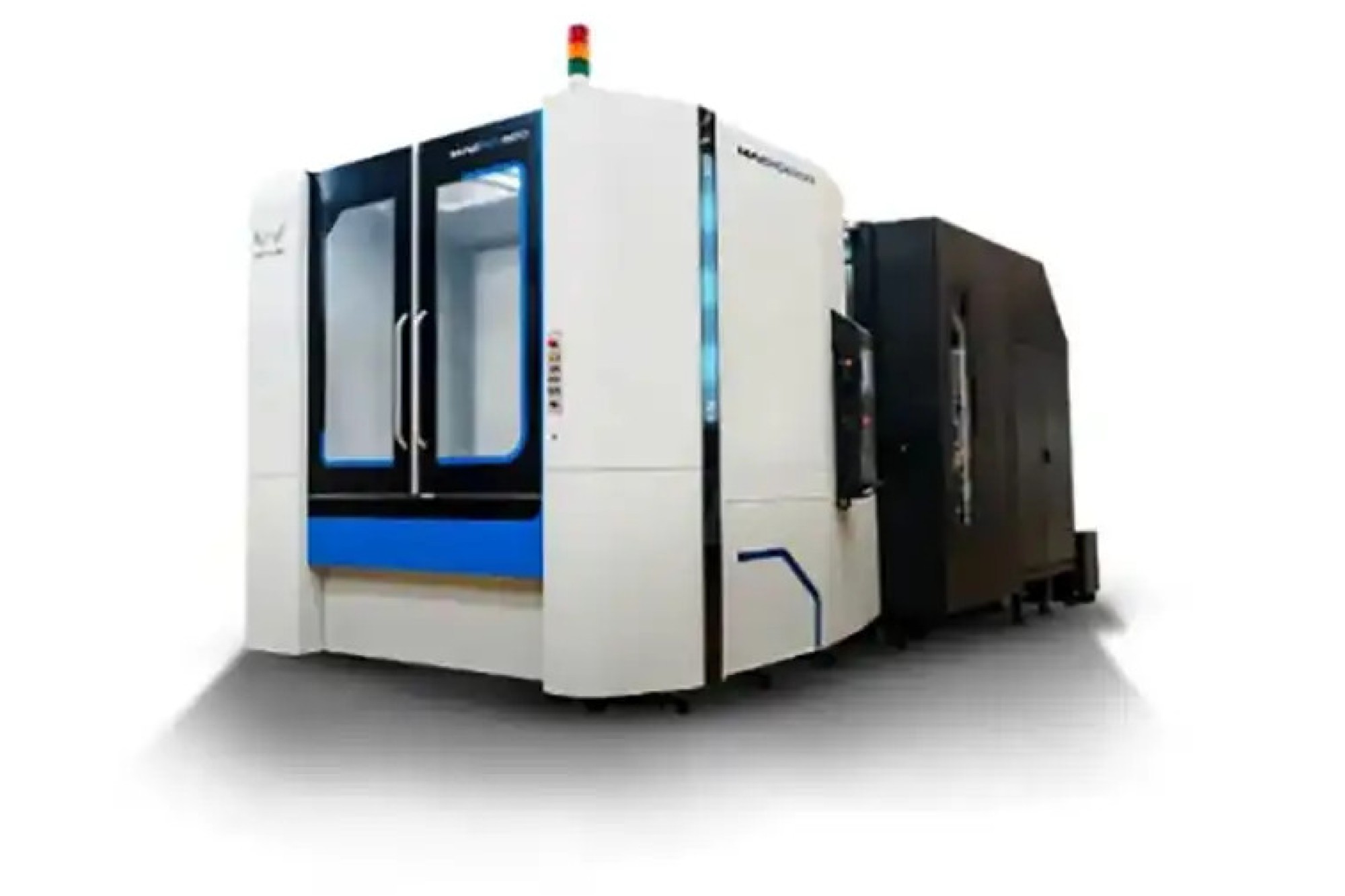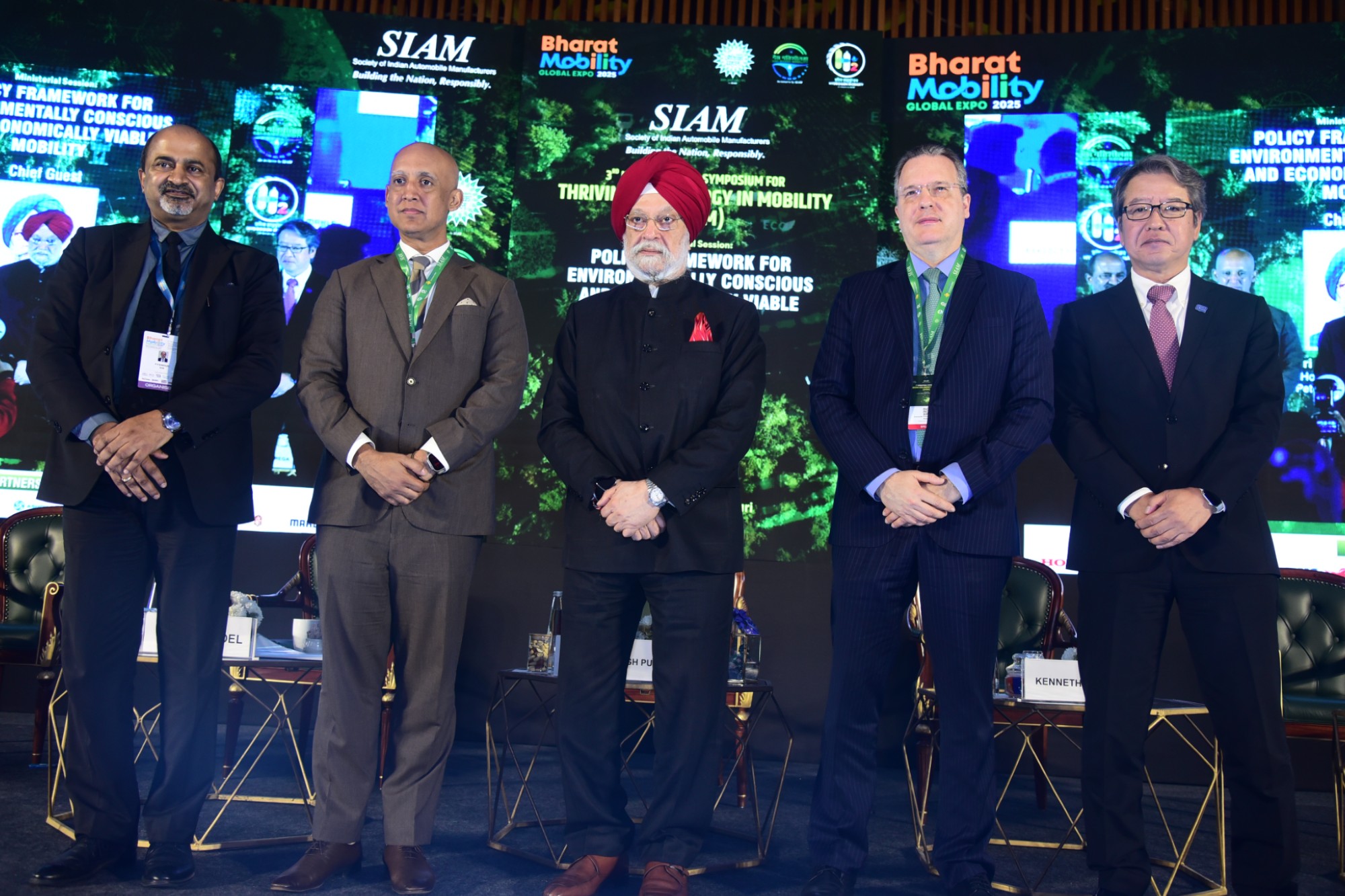Continental Successfully Completes PRORETA 5 Research Cooperation
By OEM Update Editorial October 20, 2022 11:43 am IST
PRORETA celebrates 20 years of interdisciplinary research between international universities and continental universities.
Continental presented the results of the fifth and thus final project of the interdisciplinary research cooperation PRORETA with the Technical University of Darmstadt, the University of Bremen (both in Germany) and the Technical University of Iaşi in Romania. Many of Continental’s research results from past PRORETA projects have already been further developed to the production stage. For example, in the emergency brake assist or automated driving on the motorway, they are now part of modern vehicles. This shows that cooperation between industry and research helps to develop solutions that support avoiding accidents, taking the load off drivers and making autonomous mobility a reality.
Recognizing complex traffic situations with artificial intelligence
The aim of the PRORETA 5 research project (2019 to 2022) was to investigate artificial intelligence methods for automated driving. Under the motto “Building blocks for automated urban driving enhancing city road safety”, it focused on the understanding of the situation and the movement planning of automated vehicles in urban traffic.
The project was dedicated to one of the most demanding tasks for automated driving: the recognition of complex traffic situations in inner cities and the question of how algorithms can derive the right driving decisions in these situations from sensor data. For example, at an unregulated intersection, it can be a challenge to correctly interpret all objects in terms of direction of movement, intent, and priority— without human intervention. In order to create solutions for this, new modules for artificial intelligence were developed as part of the project. Using a vehicle equipped by Continental with sensors and high-performance computers, the researchers were able to test the resulting functional and verification methods for the automated driving system directly under real conditions. Methods included multimodal prediction of dynamic behavior of an object, specifying and testing traffic rule compliance, and logic-based testing to detect unsafe behavior of AI modules.
Joint development of future technologies beyond doctoral thesis
Over the past 20 years and in the course of a total of five PRORETA projects, a large number of researchers have continued their work in development at Continental and supported them in incorporating the research results into concrete solutions such as automated driving on the motorway or automatic emergency brake assist and bringing them into road traffic. Andree Hohm, PhD student at PRORETA 2 and now head of the innovation line “Driverless” in the Autonomous Mobility Business Area at Continental, says: “We conducted research at PRORETA in order to combine knowledge in industry with the competencies of university research and to find solutions for highly demanding problems together with young scientists. The most fascinating about this cooperation: With answers from research, we have laid the foundations for the actual application in the vehicle. What we developed in the first projects can now be seen in road traffic and ensures safety on our roads every day.”
An insight into previous stages of exemplary cooperation between Continental and university research:
Cookie Consent
We use cookies to personalize your experience. By continuing to visit this website you agree to our Terms & Conditions, Privacy Policy and Cookie Policy.




